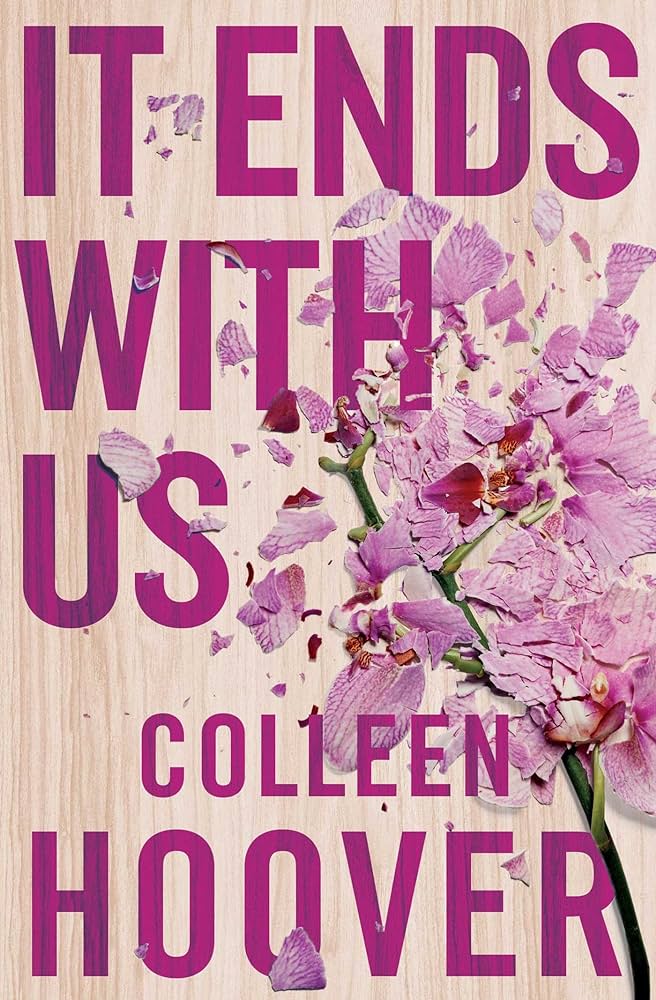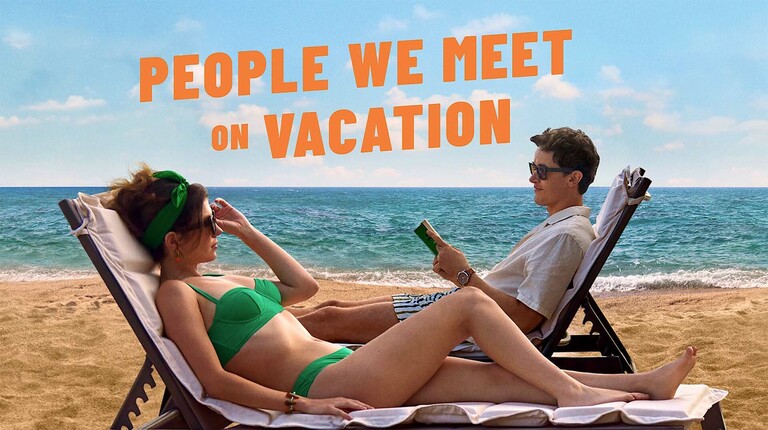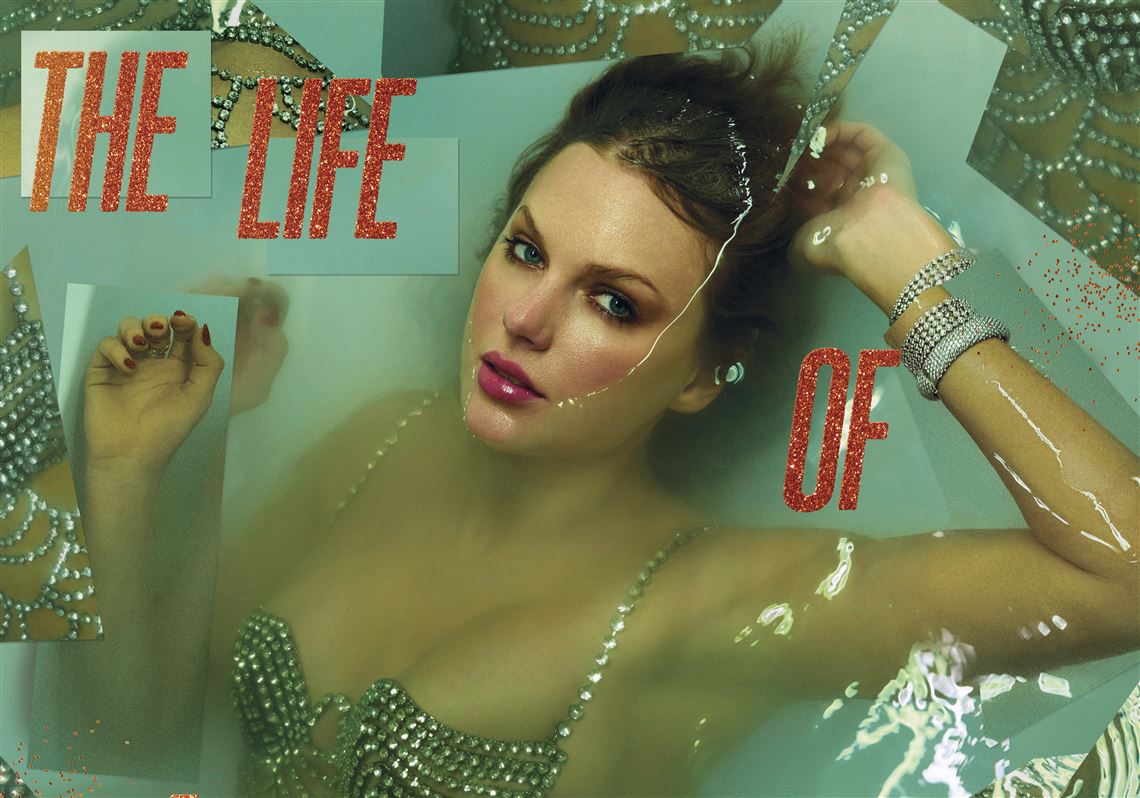It Ends With Us movie – our review on the adaptation of Colleen Hoover’s Bestseller
It Ends With Us Movie - Our Review On The Adaptation of Colleen Hoover's Bestller


Warning: Mentions domestic abuse.
If you’re a book lover and have spent any time on TikTok in the past couple of years, you’re likely aware that It Ends With Us has taken the platform by storm and sparked plenty of debate along the way. As people either loved or hated the book, I was curious to see how the movie would compare. On August 9, the highly anticipated adaptation of Colleen Hoover’s It Ends With Us has finally made its way to the big screen.
It Ends With Us cast
Directed by Justin Baldoni, who also plays the complex character Ryle Kincaid, the movie is starring Blake Lively, known for her iconic role in Gossip Girl, as the lead actress of Lily Bloom, and Brandon Sklenar as Atlas Corrigan. Jenny Slate plays the character of Allyssa, Lily’s best friend. As for the younger version of the main characters, Isabela Ferrer plays the teenager Lily Bloom while Alex Neustaedter plays the young Atlas.
It Ends With Us summary
The film follows Lily Bloom, a young woman who, after moving to a new city, finds herself caught between a passionate romance with the charismatic neurosurgeon Ryle Kincaid and the resurfacing of her first love, Atlas Corrigan. As Lily’s relationship with Ryle deepens and he starts becoming violent, she is forced to confront the cycle of abuse she witnessed as a child, with her mother trapped in an abusive marriage. This internal struggle forms the heart of the story, as Lily grapples with love, trauma, domestic violence, and the difficult choices that lie ahead. If the trailer portrays the movie as a romcom, be aware that it is not. It is a thriller about domestic violence and trauma, glossed in a romantic love triangle story.
Watch the It Ends With Us Movie trailer here:
It Ends With Us Movie Trailer
It Ends With Us Movie Review
As a director, Baldoni has succeeded in capturing the essence of Hoover’s novel. Readers will find the movie faithful to the original book story, even though a few scenes and details are missing. As always, there can be people disappointed in the casting if it does not reflect how readers pictured the characters while reading the book, but all actors were fitting each role. The film is visually striking, with a careful balance between moments of warmth and the darker, more intense scenes that depict the complexities of domestic violence. I really appreciated how the violent scenes in the movie were initially portrayed as accidents, leaving viewers uncertain about what really happened and questioning whether they might have been genuine mishaps. It wasn’t until Lily confronted her memories later on that she – and the viewers, realized they were anything but accidental.
However, after reading the book, I couldn’t help but feel that something was missing. The film, while powerful in many ways, tends to skim the surface of the deeper issues at play: domestic violence. The story is about breaking the generational patterns and how Lily finds herself in the same abusive pattern as her own mother. The story of her mom is crucial in understanding Lily’s own struggles. The film does show violent scenes from the past involving her mom being abused, but it doesn’t delve as deeply as it could have. The portrayal of Lily’s mother’s abusive marriage is disappointingly brief, missing an opportunity to fully explore the cyclical nature of abuse and the complex reasons why women often stay in such relationships.
It also feels like Lily’s own recovery and escape from the abusive relationship is portrayed as too easy in the movie. The book delves much deeper into the struggle, capturing the real difficulty of breaking free from a toxic and abusive relationship. Last but not least, I felt like there was a lack of real chemistry between Ryle and Lily, and some of their scenes came off as really cringey—the rooftop scene, in particular, just didn’t do it for me.
Despite these shortcomings, the film does succeed in delivering emotional impact and addressing the theme of domestic violence and trauma. There are moments that are genuinely moving – I found myself tearing up during some of the more poignant scenes. If you loved the book, you will most likely be pleased with the movie adaption. And if you haven’t read the book, get your hands on a copy now, as well as on the sequel : It Starts With Us.
If you buy something through our links, we may earn an affiliate commission, at no cost to you at all. We only recommend products we genuinely love and our reviews are authentic.





